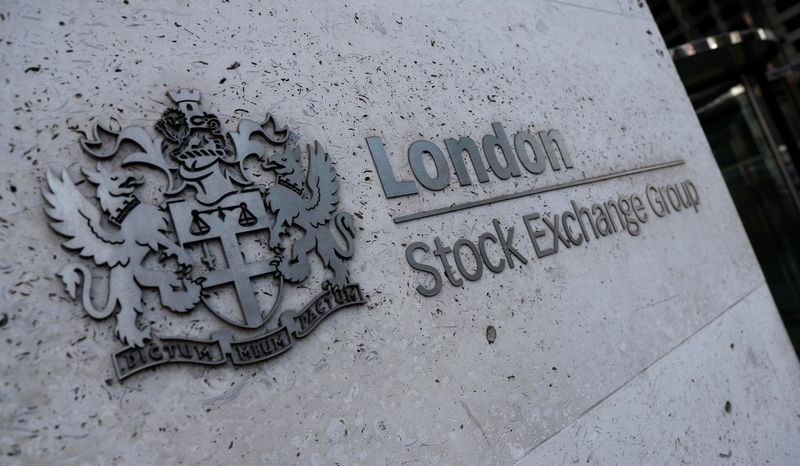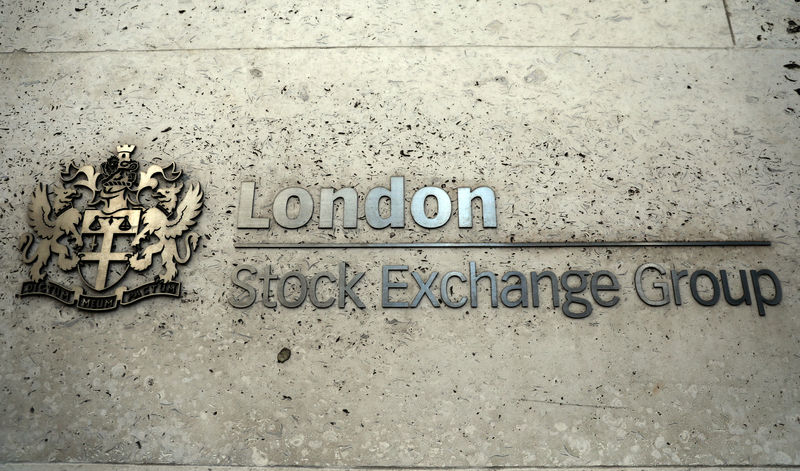By Huw Jones
LONDON (Reuters) - British corporate lobby group the Institute of Directors on Wednesday said relaxing rules to attract more stock market listings to London could put at risk the UK's strong track record on corporate governance.
A review of the UK's rules on company stock market listings was announced in November by finance minister Rishi Sunak with the aim of boosting the number of new companies that choose to float in London, which faces tough competition from New York.
Post Brexit, stock exchanges in continental Europe could also become bigger rivals to London in terms of attracting new listings business.
The Institute of Directors, in one of the first public responses to the listing review, said it favoured leaving the main "premium" listing rules unchanged. But it suggested creating a separate category for a "new breed" of innovative start-up firms that could have different rules, such as allowing dual class shares, which give some shareholders more voting power than others.
"The government must proceed with caution," said Roger Barker, director of policy and corporate governance at the IoD.
"A race to the bottom to win extra listings would ultimately be self-defeating. Good governance is one of the UK’s key selling points."
The London Stock Exchange has said in its submission to the listing review that it supports easing a rule that requires companies listing on the LSE to have a minimum float of 25%, a person familiar with the LSE position said.
The LSE also supports dual class shares, the person said. Dual class shares are common in the United States.
Relaxing the minimum free float rule and allowing dual class shares would potentially make London more attractive to start-up companies where founders or major shareholders often want to maintain some control after the company floats. But dual class shares can create conflicts of interest with minority shareholders.
The Investment Association, whose members manage 8.5 trillion pounds in assets, said the minimum free float requirement was "working appropriately," but could be cut to 20% for a three-year period in some circumstances.
The principle of "one share, one vote" should be retained on the LSE's "premium" segment, the IA said. The so-called premium segment rules apply to blue-chip companies.
The IA also said Britain should look into helping to attract listings by Special Purpose Acquisition Companies or SPACs, which have boomed in the United States as a lower cost way for start-up companies to go public.
There have been a few listings by SPACs in Britain, where listing rules for this type of deal are tougher than in the United States.
SPACs are shell companies that use proceeds from going public to buy another company, not yet identified at the time of listing. They have reshaped U.S. capital markets and continental Europe is set to catch up this year.
Former European Commissioner Jonathan Hill, who is conducting the review, is expected to make recommendations this year.

